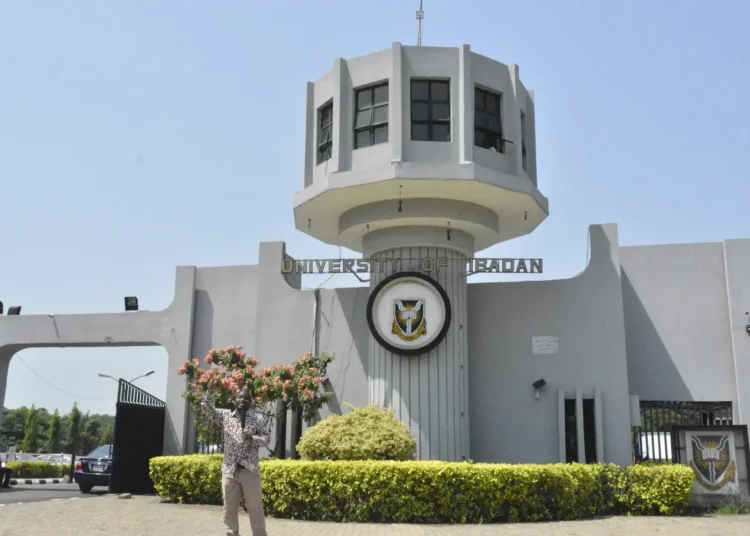The University of Ibadan has raised the alarm over the deepening mental health crisis among students, linking it to academic pressure, social isolation, substance abuse, and the rising influence of social media.
This concern was observed during a one-day capacity-building programme on para-counselling skills for frontline staff, organised by the university’s Career Development and Counselling Centre in collaboration with the PRUMES TETFUND Project.
The programme focused on psychological first aid, early detection of emotional distress, and timely referrals, arming non-specialists with tools to address the growing emotional burden faced by students.
In his remarks, the Vice-Chancellor, Professor K.O. Adebowale, lamented the increasing complexity of mental health challenges on Nigerian campuses.
He attributed the worrying trend to academic and personal stressors and the pervasive pressure and emotional toll inflicted by social media platforms.
He further highlighted the enduring stigma around mental health, which continues to deter students from seeking timely help.
In his observation, leading psychiatrist and facilitator, Dr. Jibril Abdulmalik, decried the alarming scarcity of mental health professionals in Nigeria, with fewer than 300 psychiatrists serving a population exceeding 300 million.
Dr. Abdulmalik emphasised the urgency of empowering non-clinical university staff to serve as frontline responders.
Professor D.A. Oluwole, Director of the Career Development and Counselling Centre, reaffirmed the university’s commitment to holistic education.
He urged participants to apply their new skills professionally and embody empathy and attentiveness in their daily student interactions.
“A listening ear and timely intervention can be life-changing,” he said.
Participants agreed that hall wardens, sub-deans, and campus health workers occupy a strategic position to detect early signs of psychological distress. Their proximity to students places them on the frontlines of the university’s mental health response network.
The University of Ibadan, one of only three institutions in Sub-Saharan Africa with a dedicated mental health policy, restated its commitment to expanding counselling services, enhancing training programmes, and creating a mental health-friendly environment.
The institution pledged to strengthen referral pathways, encourage open conversations around mental health, and promote an inclusive culture free from stigma.
The communique at the end of the programme, signed by Professor Oluwole, outlined a way forward, including continuous staff training, building a robust referral system, and integrating mental wellness into the fabric of university life.
“This programme stands as a call to action: mental health is everyone’s responsibility, and by investing in the emotional and psychological wellbeing of our students, we secure not only their academic success but their long-term personal and professional fulfilment,” the communique reads in part.





